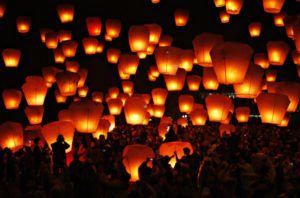Last Sunday, Klaus invited me to his house for Frühstück —– breakfast. We had a great, typical German breakfast with toast, jam, slices of meat, salmon, cheese, hard-boiled eggs, and coffee, and of course a wonderful conversation over the meal!
After a nice, long meal and conversation, we sat down together in his living room. Our task: Übersetzten! We needed to work together to translate a text Klaus had written from Deutsch to English, and I couldn’t have been more excited for the challenge that awaited!
Klaus explained that his long-lost cousin (quite literally), whose grandparents had moved to America before World War II, came into contact with him over a year ago after digging through some of his grandma’s old documents and finding his contact information. The newfound correspondence eventually led to a visit a few months ago in May, and Klaus and his cousin were re-united.
Klaus enjoys writing portraits in his freetime – short, descriptive biographies with more of a personal touch, about any- and everyone he finds the least bit interesting. In memory of the visit, he composed a portrait of his cousin, in German, of course. The problem was that he wanted to share it with his cousin, who only speaks English. The solution: eine Übersetzung!
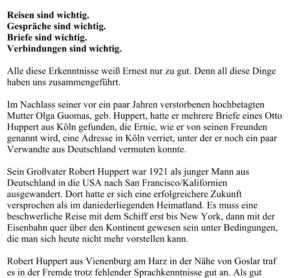
For the next three hours, that’s exactly what Klaus and I worked on together. Sentence by sentence, I came up with a rough translation, and then we worked and re-worked it until we were both satisfied with how it sounded. Klaus writes beautiful German. Some sentences were particularly challenging to translate — there are some things that sound better in German, and many German sentence constructions don’t have an English equivalent that matches up perfectly. Each time we finally settled on a good translation for a sentence, we experienced a feeling of relief and accomplishment — we understood each other and created something that would allow others to understand as well!
Eventually we made it through the document and quit for the day, but there was still room for the translation to be improved. We’re meeting tomorrow for another Frühstück followed by some Übersetzen!
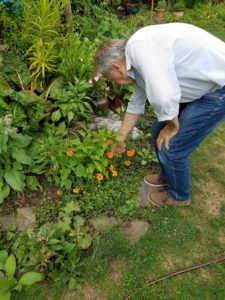
The whole experience was great, and I am really looking forward to tomorrow as well. I got a better appreciation for the difficulties in translating – it wasn’t easy. In many ways, translating is its own art form, like composing a whole new portrait, and it requires both a firm understanding of the language and the intentions of the original composer; luckily for me, I had the author in front of me the whole time and working with me, which helped greatly. Beyond the intense language practice, it was also an exercise in cultural understanding and a neat glimpse into the life of Klaus’s family – a portrait of German-American relations. I see myself as another piece in the mosaic of German-American cultural exchange, both representing American culture myself and stepping back to appreciate the big picture.
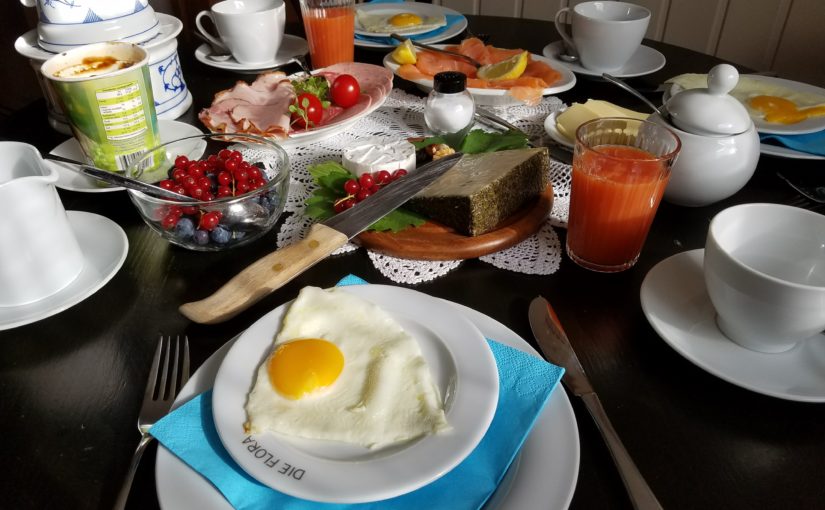
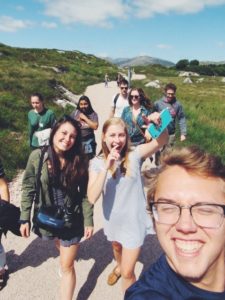
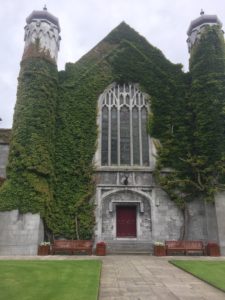

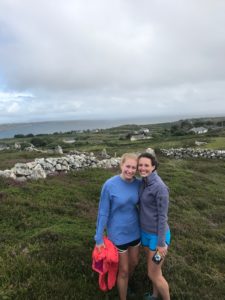

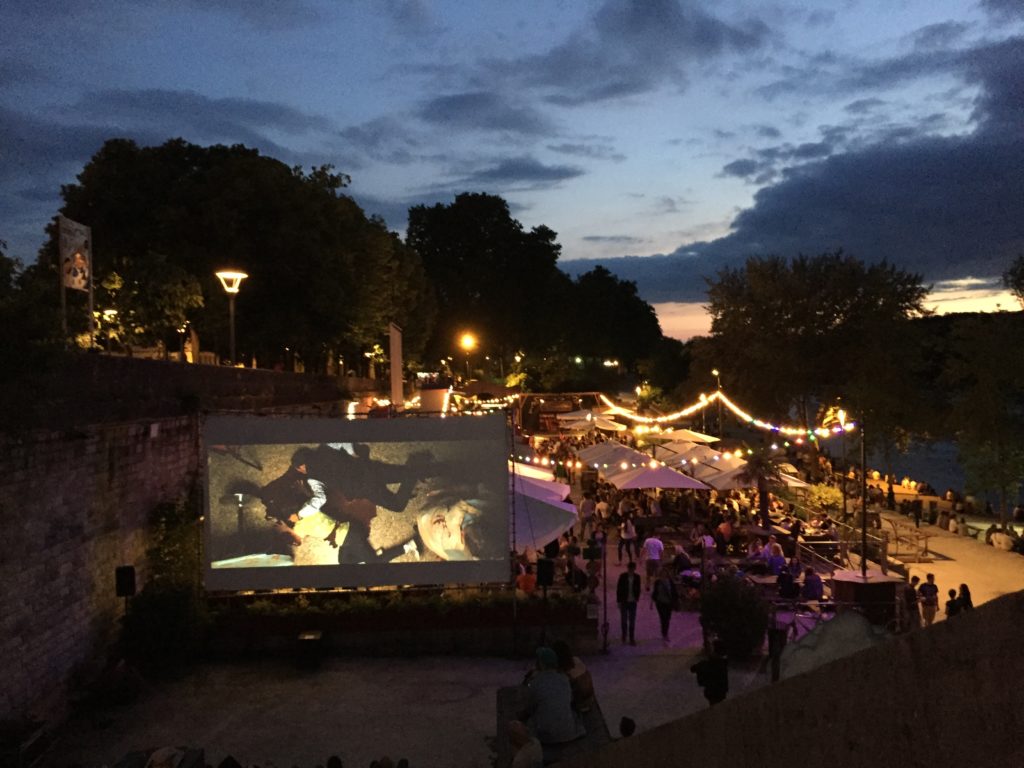



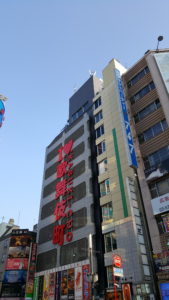


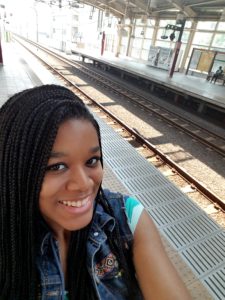

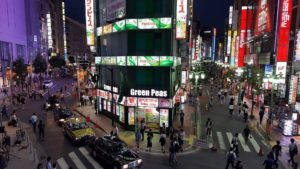
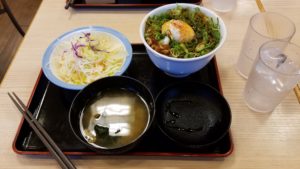
 the famous Schokolade Museum, or Chocolate Museum, right in the middle of Cologne! Not only did we learn about the history of chocolate cultivation and consumption, but they also displayed a chocolate packaging machine in which the chocolate is poured, hardened, separated, and bundled up for delivery! Pope Francis even made an appearance as a chocolate mold on display!
the famous Schokolade Museum, or Chocolate Museum, right in the middle of Cologne! Not only did we learn about the history of chocolate cultivation and consumption, but they also displayed a chocolate packaging machine in which the chocolate is poured, hardened, separated, and bundled up for delivery! Pope Francis even made an appearance as a chocolate mold on display! rse, there was also a giant chocolate fountain, and I did get to sample some as well!
rse, there was also a giant chocolate fountain, and I did get to sample some as well!